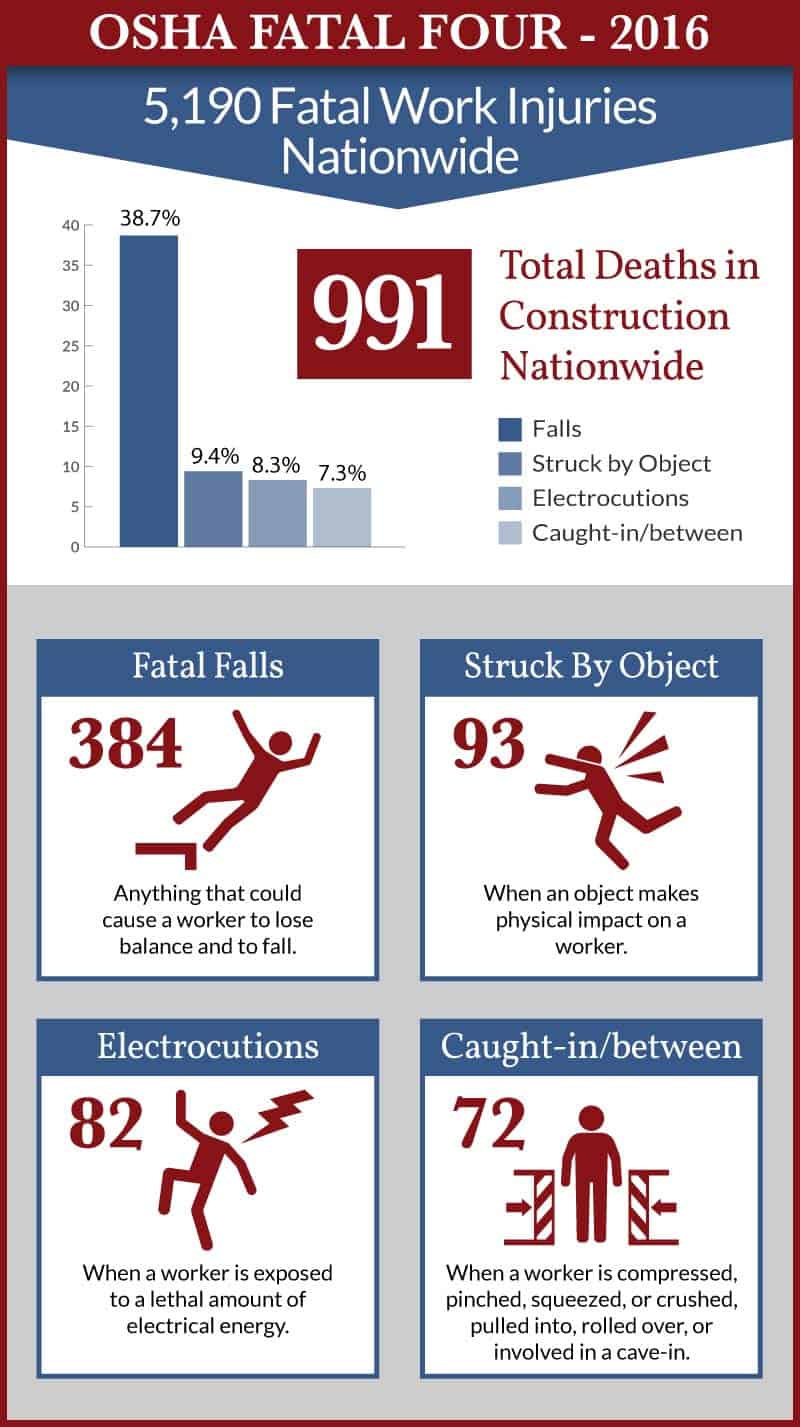Workers’ Compensation Coverage for Medical Marijuana
 Workers injured on the job can suffer devastating life changing injuries. To manage the pain, an increasing number of workers are seeking medical marijuana treatment. In many cases, medical marijuana or cannabis can be a useful alternative to more expensive or dangerous treatment options such as prescription opioids.
Workers injured on the job can suffer devastating life changing injuries. To manage the pain, an increasing number of workers are seeking medical marijuana treatment. In many cases, medical marijuana or cannabis can be a useful alternative to more expensive or dangerous treatment options such as prescription opioids.
Obtaining medical marijuana in Pennsylvania is not as easy as simply going to a Primary Care Physician and receiving a prescription. The patient first must be registered as medical marijuana patient with the state and schedule an appointment with a physician on the state approved physician list. The physician has the discretion in determine whether the patient suffered from a qualifying medical condition that would benefit from the use of medical marijuana. If so, the patient would receive a “recommendation”, which the medical marijuana dispensary uses to determine the type and amount of cannabis that would benefit the patient. Patients pay the dispensary, which can provide up to a one-month supply of medical marijuana.
Reimbursement for Medical Marijuana
Injured workers may seek reimbursement for the cost of the medical marijuana directly from their Workers’ Compensation insurer. However, under the Pennsylvania Medical Marijuana Act (MMA or Act 16), public and private insurers or health care plans are not required to provide coverage for medical marijuana. In determining whether medical marijuana should be a covered expense, some Workers’ Compensation insurance carriers first examine if the use of medical marijuana is a “reasonable and necessary” medical treatment.
Workers’ Compensation insurance companies often determine coverage through Utilization Review (UR) litigation. In performing a Utilization Review, the insurer will examine if the worker’s injuries were sustained during the course of employment and whether the treatment is related to that injury. The MMA lists four medical conditions often associated with Workers’ Compensation injuries: post traumatic stress disorder; neuropathies; severe chronic or intractable pain; and addiction substitute therapy and opioid reduction. Courts struggle with evaluating the comprehensiveness of these conditions and the definitions of chronic or intractable pain.
Even when a Workers’ Compensation insurer finds medical marijuana treatment is reasonable and necessary, workers may not receive 100 percent reimbursement of their out of pocket costs. Some Workers’ Compensation policies cap reimbursement at a lower percentage depending on to whom the payment is being made. The language of the Pennsylvania Workers’ Compensation Medical Cost Containment Regulations (WCMCCR) only sets forth certain payments based on a provider’s “usual and customary charge” which is difficult to determine in some cases. Other insurance carriers may attempt to deny reimbursement on the grounds that medical marijuana is not a “prescription” only a “recommendation” and therefore not covered under the specific language of the policy.
Philadelphia Workers’ Compensation Lawyers at Freedman & Lorry, P.C. Advocate for Injured Workers’ Rights to Benefits
At Freedman & Lorry, P.C., our experienced Philadelphia Workers’ Compensation lawyers help injured workers recover compensation for their injury-related expenses. Our offices are conveniently located in Philadelphia, Cherry Hill, New Jersey, and Pinehurst, North Carolina to serve clients throughout the surrounding areas. To schedule a free and confidential consultation today, call 888-999-1962 or contact us online.
